Most drivers would throw in the towel when they’re 18 minutes behind the leading car after one lap of a ten-lap race. Vic Elford wasn’t like most drivers.
Elford, who died last year at the age of 86, was, to borrow a line from Andrew Frankel, quick “in almost anything he drove.” The British racer’s defining year was 1968, when, in the space of a few months, he won the Monte Carlo Rally, Daytona 24 Hours, Nürburgring 1000km and Targa Florio, before going on to make his debut in Formula One.
“Whatever I did in a car I could always do it, whether it was driving downhill on ice or snow, or driving down the Mulsanne straight at night at 250 mph in a 917,” he told Motor Sport. “It was the one thing I could do well.”
Until Chris Ingram’s success in 2019, Elford, nicknamed “Quick Vic,” was the last British driver to win the European Rally Championship. Ingram paid tribute to the racing legend, saying: “Vic was not only [one] of the greatest drivers in British motorsport history, he was also a very kind man. I was very touched that he made the effort to write me some words of wisdom before I proudly followed in his footsteps.”
The 1968 Targa Florio was arguably Elford’s greatest achievement. Partnered with Umberto Maglioli, a winner in 1953 and 1956, the pair would be racing a Porsche 907 K, one of just 21 built during 1967 and 1968. Chassis 025 won, but not without drama.
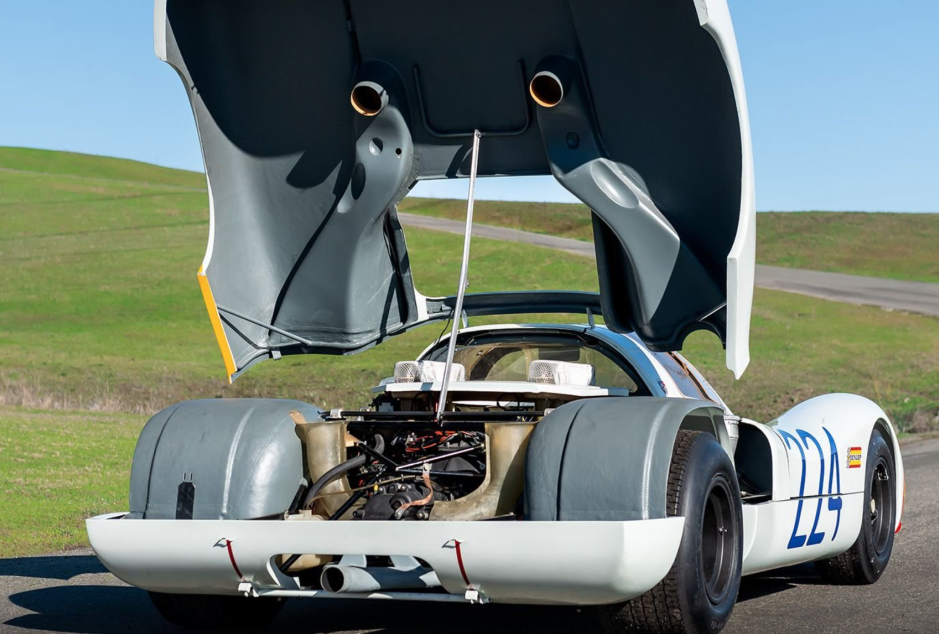
Just a miles into the race, Elford discovered that the Porsche had no drive. He got out and discovered that the center-lock nut on the rear right wheel had worked loose, removing the wheel from its splines. What happened next was, according to Elford, the “most amazing scene I have ever experienced. Before I could even get the jack out of the car, spectators swarmed down from their vantage points above the road and physically lifted the car while I re-tightened the wheel.”
Elford and 025 reached the unofficial pitstop halfway through the 45-mile lap, where the race mechanics replaced the rear wheel. Just a short distance later, the same wheel nut worked loose, sending the Porsche out of control. The result was a broken wheel, a punctured front tire, and the race slipping away from Elford’s grasp.
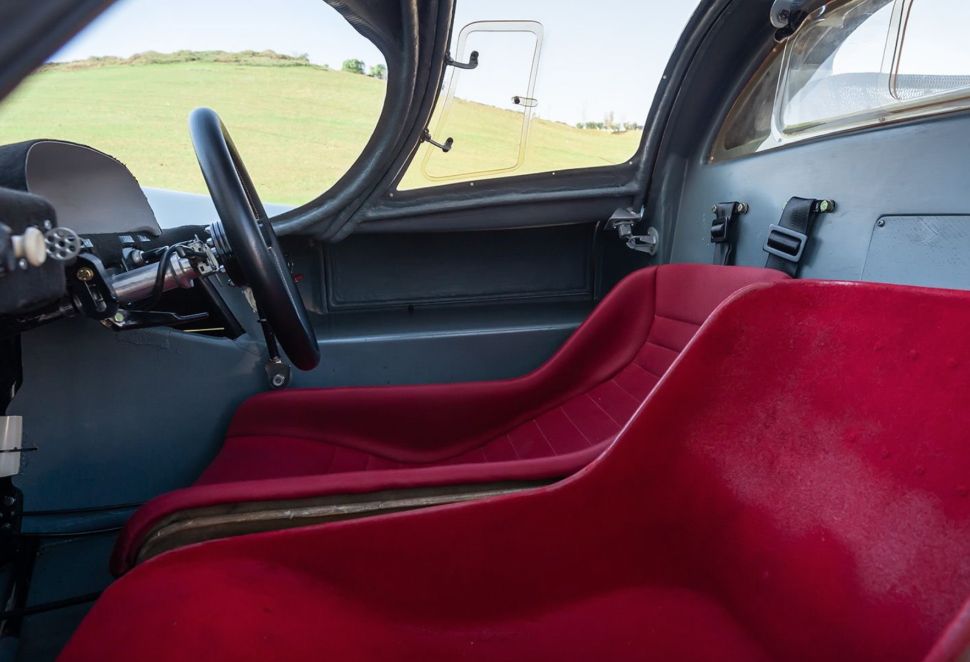
Again, the race-mad locals came to the rescue of the stricken driver, the rear wheel was re-tightened and a space-saver wheel fitted to the front. Once back at the pits, all four wheels and center-locks were replaced ahead of the second lap, by which time Elford and the Porsche 907 were some 18 minutes behind the leading car.
With the race seemingly lost, Elford set off in the hope of securing a lap record and completed three laps before handing the Porsche to Maglioli. Having steered a Lancia D20 to victory in 1953 and a Porsche 550 Spyder in 1956, the Italian had the experience required to deliver two incident-free laps, before entrusting the final phase of the race to “Quick Vic.”
What happened next was nothing short of sensational. Elford closed the gap on the leading Alfa Romeo Tipo 33, completing three record-breaking laps in succession and overtaking the Alfa with half a lap remaining. His lead at the end was over three minutes as he completed the race in a record time of six hours 28 minutes and 47.9 seconds—beating the previous record by nearly 10 minutes.
The 907 was phased out at the end of the 1968 season, so 025 was sold to the Valvoline Racing Team owned by the Swiss driver Siegfried Lang. An incident in 1969 prompted Lang to have 025 rebuilt in Spyder configuration, before another shunt in 1970 proved fatal for the Swiss racer.
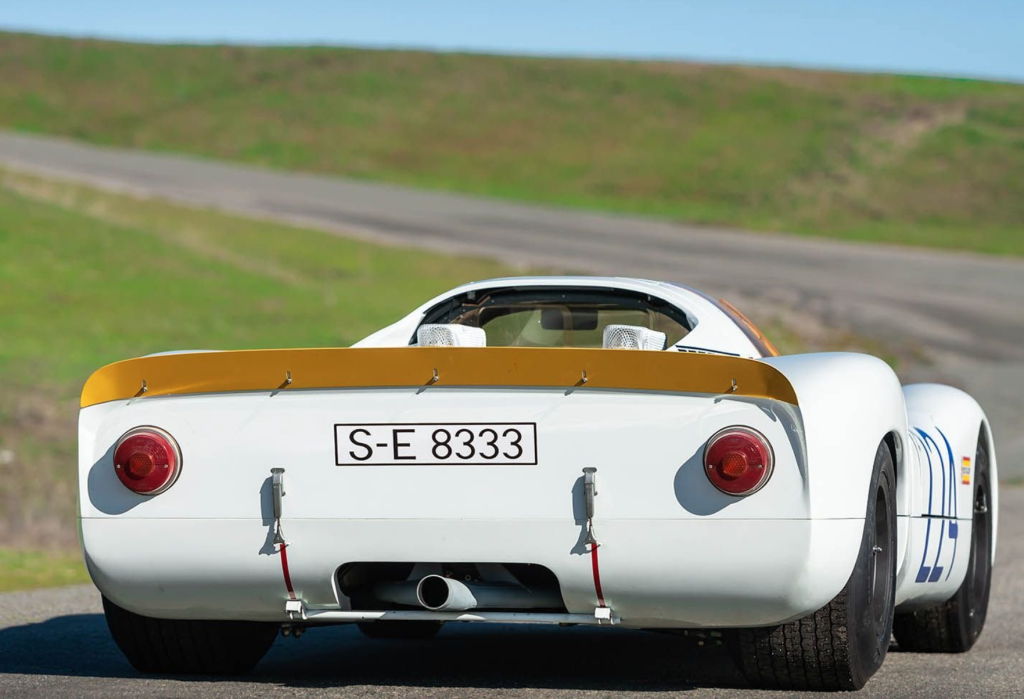
Having passed through the hands of a couple of owners, 025 caught the attention of noted Porsche prototype authority, Dale Miller, who recognized its significance in the annals of Targa Florio history. The car crossed the Atlantic in 2000, where it was restored to its original configuration.
Once completed, the 907 was shipped to Dr. Julio Palmaz, whose collection of Porsche sports racing cars was rivaled perhaps only by the Porsche Museum. Its recent history includes class wins at the 2007 and 2012 Amelia Island Concours d’Elegance.
Given the provenance, is it any wonder that the Porsche comes with a pre-auction estimate $4,500,000 to $5,500,000 from auction house Broad Arrow? David Swig, Broad Arrow Group’s senior car specialist, says it is “hands-down one of the most world-famous Porsche prototype racers of the 1960s.” Quite.
***

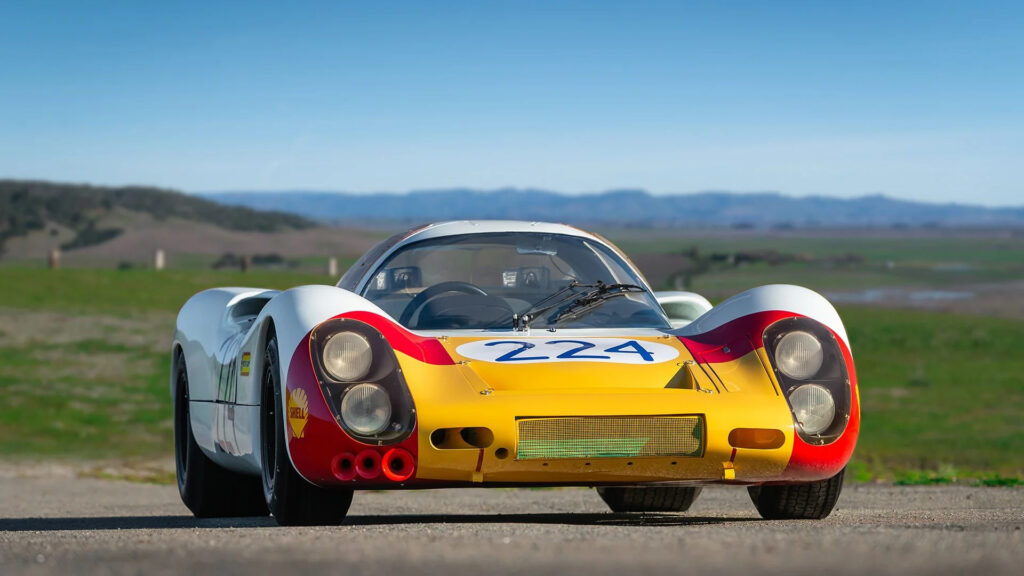
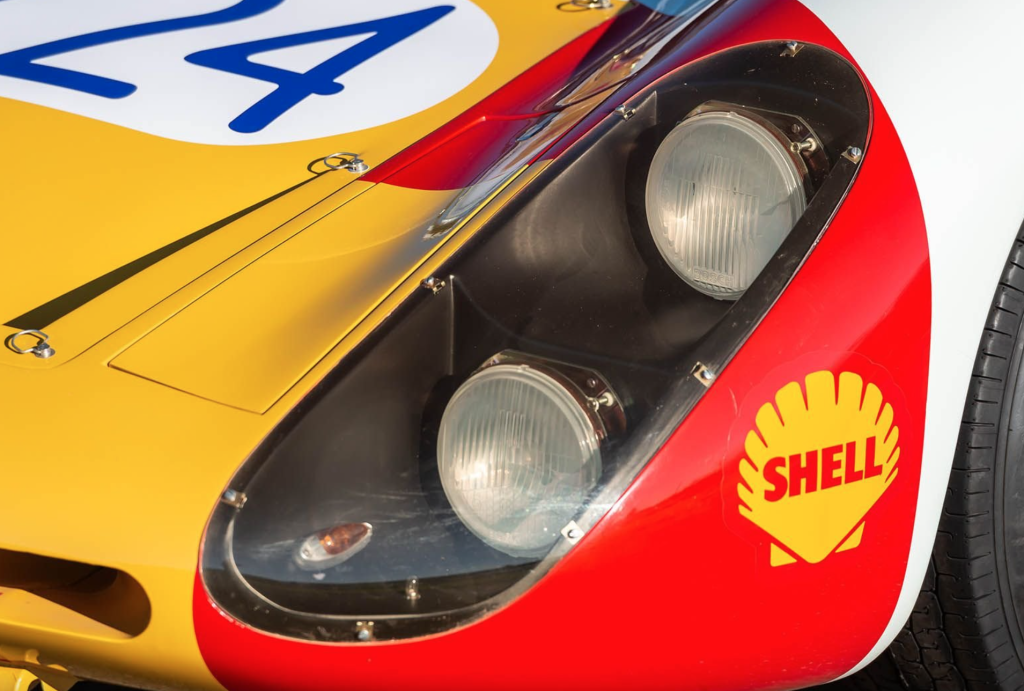
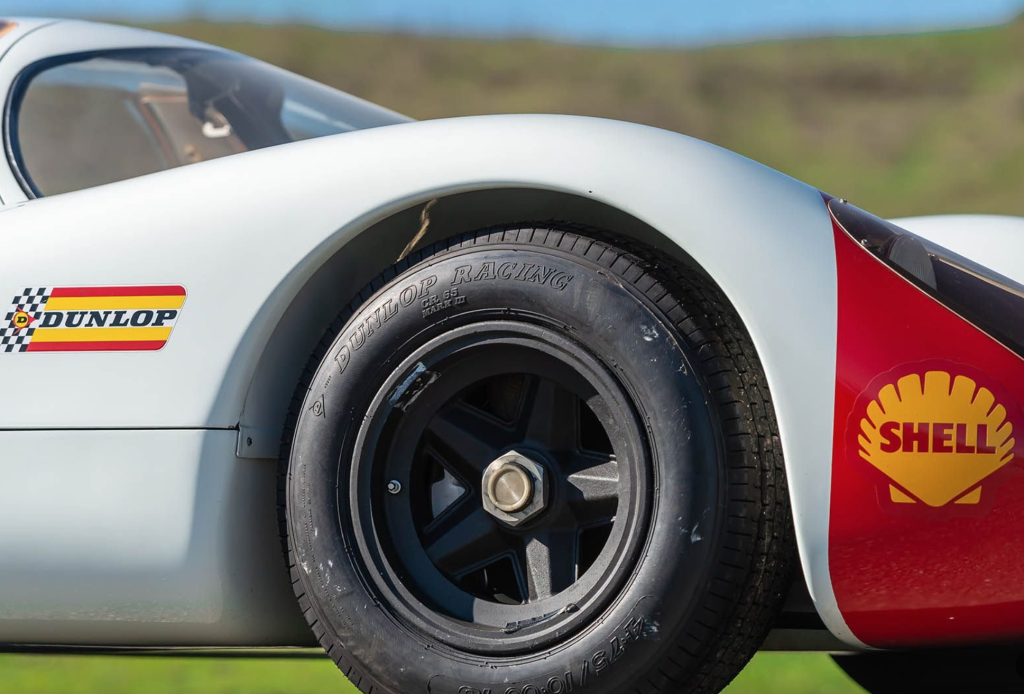
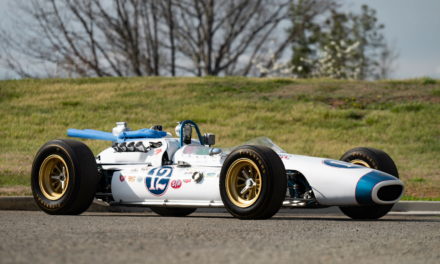
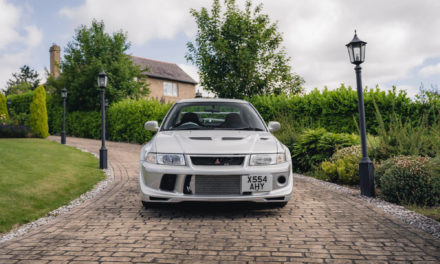
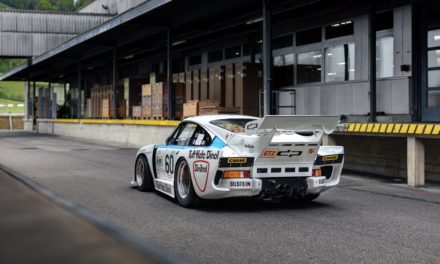
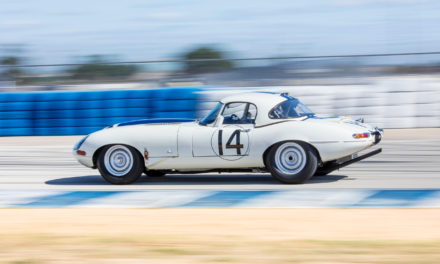

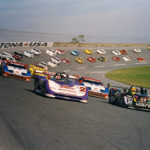
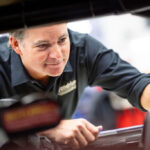
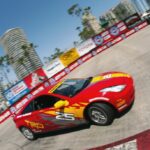
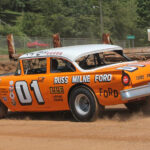
Lovely specimen. Imagine buying this, doing a full recommission, and taking it for a fun (slow) lap around mid ohio only really opening it up on the straights. Enjoying it responsibly If only us mere mortals could experience this. Magnificent!